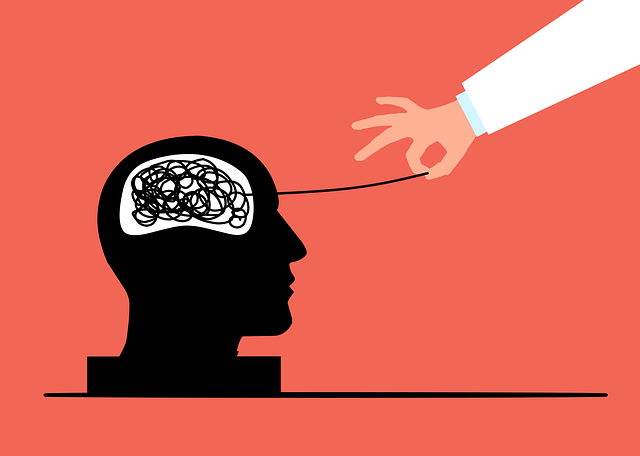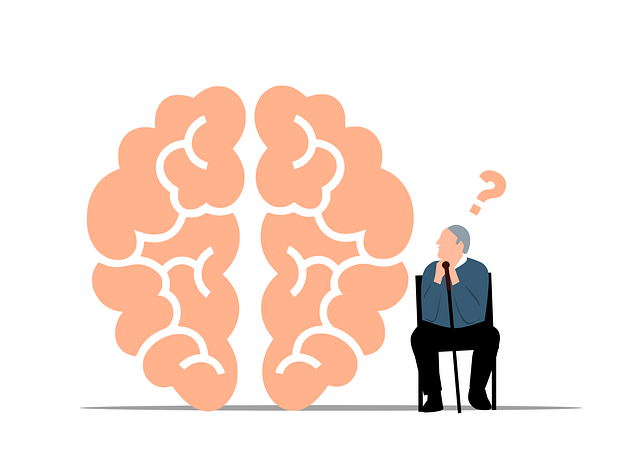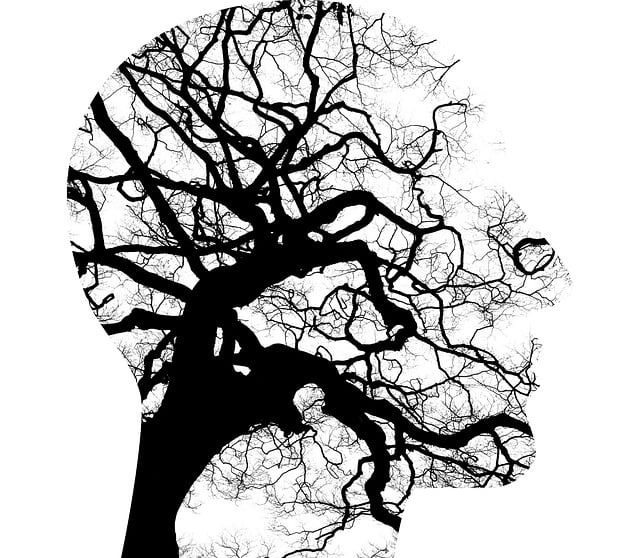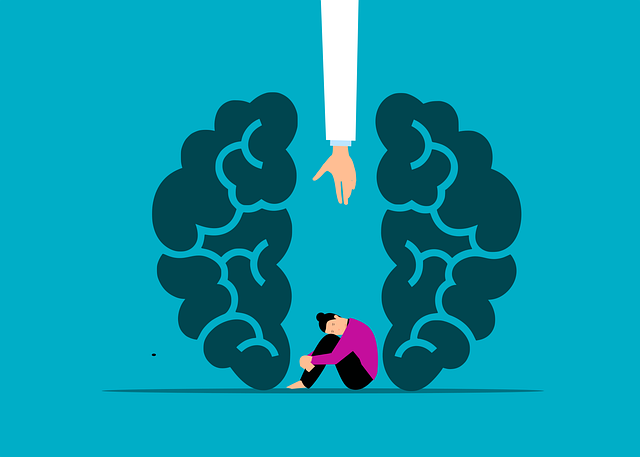Centennial Conduct Disorder (CCD) therapy emphasizes mood regulation as a core component for managing challenging behaviors and improving overall well-being. Techniques like mindfulness meditation, structured routines, and cultural sensitivity in mental healthcare practices are key strategies within CCDT. The Mental Wellness Podcast Series can explore these culturally sensitive approaches, while professional support from specialized therapists offers evidence-based practices and trauma support services to help individuals process emotions, develop resilience, and lead more fulfilling lives.
Mood regulation strategies are essential components of treating conditions like Centennial Conduct Disorder. This article explores the intricate relationship between mood regulation and therapy, focusing on effective techniques for daily management. We delve into understanding the significance of these strategies in Centennial Conduct Disorder Therapy, providing practical insights and highlighting the critical role of professional support in enhancing their impact. By examining these approaches, individuals can navigate emotional challenges more effectively.
- Understanding Mood Regulation and its Significance in Centennial Conduct Disorder Therapy
- Practical Strategies for Daily Mood Management
- The Role of Professional Support in Enhancing Mood Regulation Techniques
Understanding Mood Regulation and its Significance in Centennial Conduct Disorder Therapy

Understanding Mood Regulation is pivotal in the context of Centennial Conduct Disorder Therapy (CCDT). CCDT aims to address and rectify challenging behaviors often associated with conduct disorders, and effective mood regulation strategies are a core component of this process. By learning to manage and stabilize moods, individuals with conduct disorders can develop healthier coping mechanisms, improve their relationships, and enhance their overall mental wellness.
In the realm of CCDT, cultural sensitivity in mental healthcare practice plays a significant role. Mood management techniques must be tailored to cater to diverse cultural backgrounds, as what works for one individual might not be suitable for another due to varying belief systems, traditions, and expressions of emotion. The Mental Wellness Podcast Series Production can serve as a platform to explore these nuances, offering insights into culturally sensitive approaches to mood regulation, thereby fostering more inclusive and effective therapy practices.
Practical Strategies for Daily Mood Management

Managing one’s mood daily is a skill that can greatly enhance overall well-being. For individuals with conditions like Centennial Conduct Disorder (CCD), implementing practical strategies is essential for maintaining emotional balance. One effective method is mindfulness meditation, which encourages focusing on the present moment and observing thoughts and feelings without judgment. This simple yet powerful technique has been shown to reduce symptoms of CCD and improve emotional regulation skills.
Additionally, establishing a consistent daily routine can significantly impact mood stability. Routine provides predictability and structure, reducing anxiety and stress levels. Incorporating regular exercise, sufficient sleep, and balanced meals also falls under this category. Cultural sensitivity in mental healthcare practice plays a vital role here, as tailoring these strategies to individual cultural backgrounds ensures better adherence and outcomes. Burnout prevention strategies for healthcare providers are relevant too, as self-care is crucial for those supporting others’ mental health. Stress reduction methods, such as deep breathing exercises or engaging in hobbies, can also be incorporated into daily routines to promote mood regulation.
The Role of Professional Support in Enhancing Mood Regulation Techniques

Professional support plays a pivotal role in enhancing individuals’ ability to regulate their moods effectively. For those dealing with conditions like Centennial Conduct Disorder (CCD), seeking expert guidance can be transformative. Therapists specializing in CCD offer tailored interventions, combining evidence-based practices and Mind Over Matter principles to address underlying emotional dysregulation. These professionals facilitate Emotional Healing Processes by providing a safe space for individuals to explore and process their experiences, fostering healthy coping mechanisms.
Trauma Support Services within these therapeutic settings are particularly valuable, as many individuals with CCD have experienced complex trauma. Skilled therapists help clients make sense of their emotions, break free from destructive patterns, and develop sustainable strategies to manage moods. Through individual or group therapy sessions, clients gain insights into their emotional responses, learn new skills, and cultivate resilience, ultimately empowering them to lead more fulfilling lives.
In conclusion, addressing mood regulation is a cornerstone of effective Centennial Conduct Disorder Therapy. By understanding the intricate link between mood and behavior, individuals can gain valuable tools for daily management through practical strategies. With professional support, these techniques become more accessible and tailored to personal needs, fostering positive change and improved well-being. This comprehensive approach ensures that those navigating Centennial Conduct Disorder can better regulate their moods, leading to more balanced and fulfilling lives.














